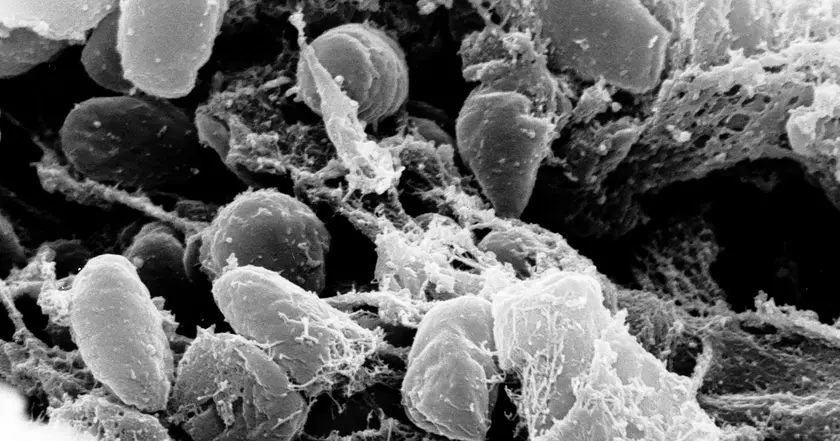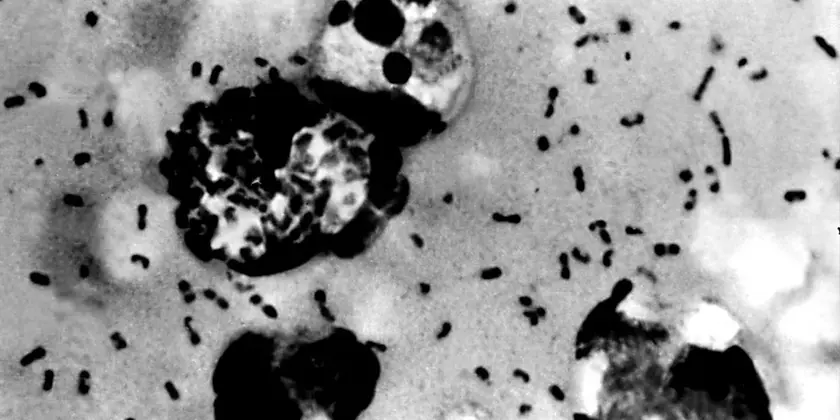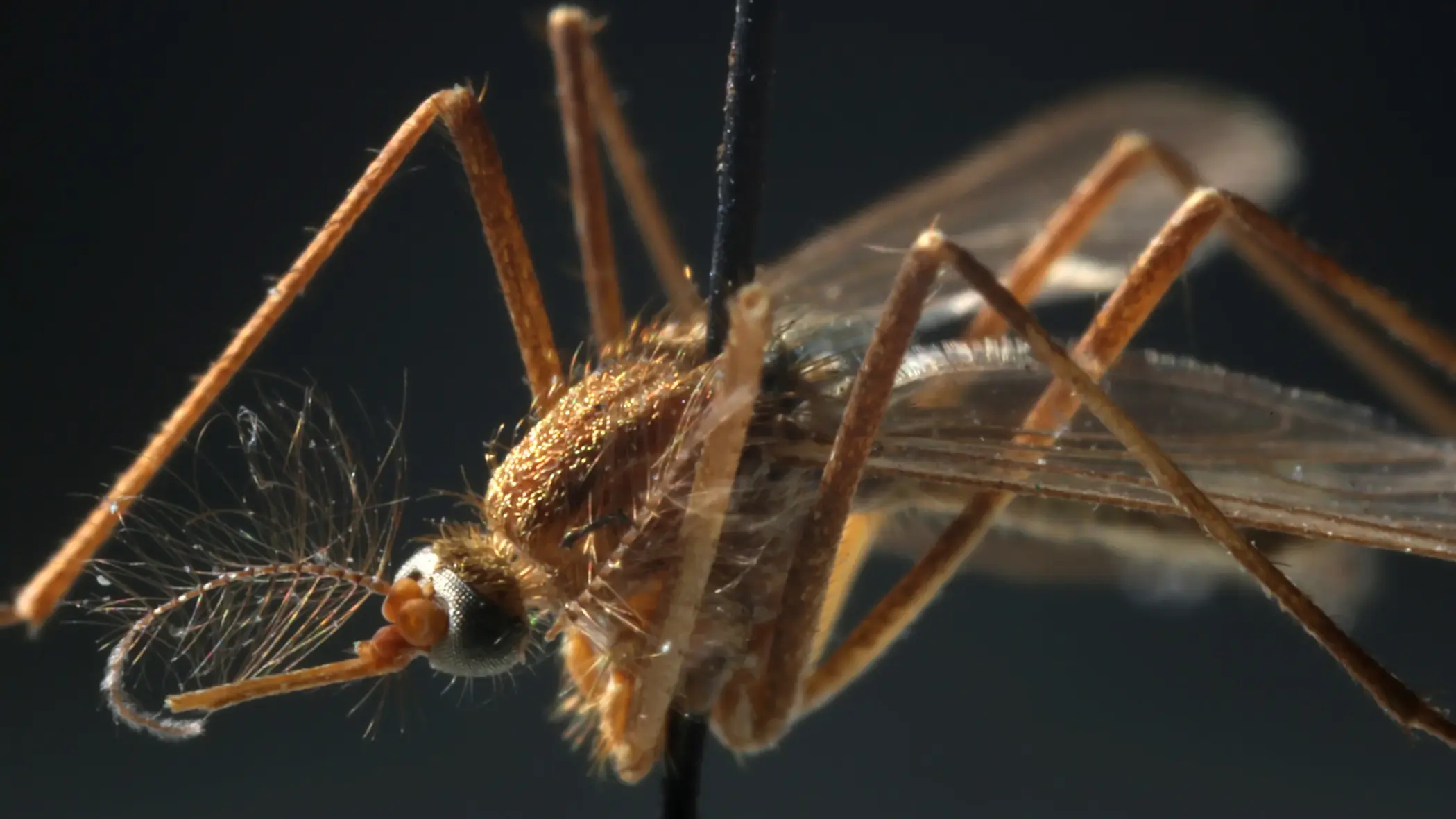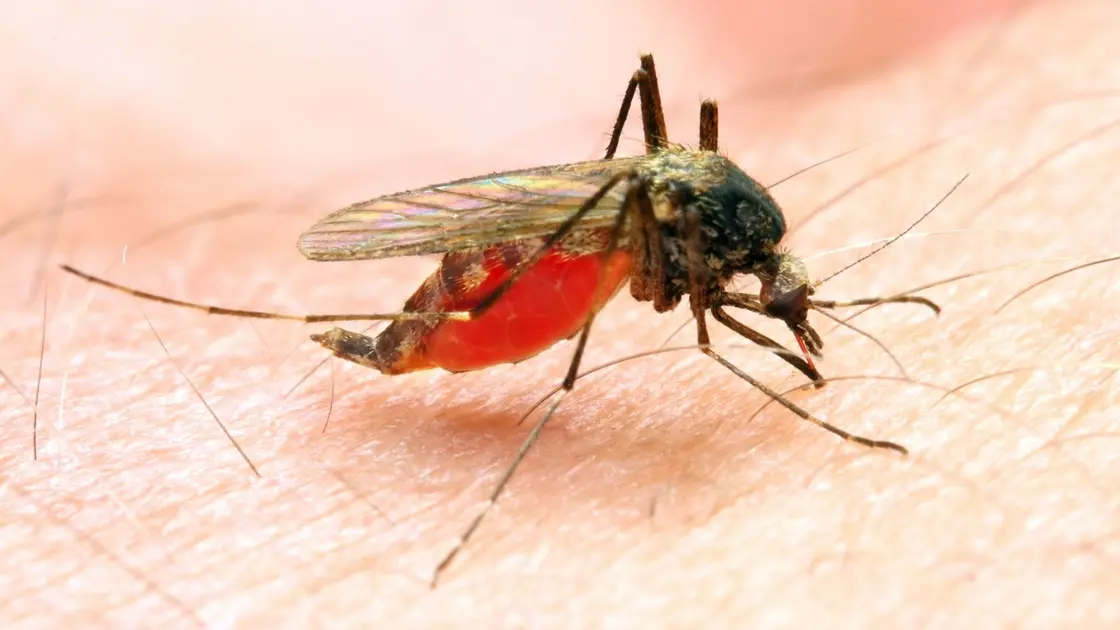T4K3.news
Plague case confirmed in Tahoe resident
A South Lake Tahoe resident tested positive for plague, likely from a flea bite during camping. Health officials urge precautions for people and pets.

California health officials confirm a Lake Tahoe resident has plague, likely from a flea bite during camping.
Plague case confirmed in Tahoe resident prompts health alert
A Lake Tahoe resident has tested positive for plague, and El Dorado County officials say the case is likely linked to a flea bite suffered while camping in the South Lake Tahoe area. The patient is recovering at home and is receiving care. Officials stressed that the case is rare and no further details about the person were released. Flea-borne transmission from wildlife remains the main risk pathway, with pets able to carry infected fleas into homes.
Plague is caused by bacteria that spread mainly through bites from fleas that picked up the bacteria from rodents such as squirrels and chipmunks. Symptoms can include fever, nausea and swollen lymph nodes, and antibiotics work best when treatment starts early. Public health teams monitor rodent populations to see if they carry the bacteria. From 2021 to 2024, 41 rodents in the Tahoe Basin tested positive for exposure, and four more did so in 2025. Officials note human cases remain rare, with the last South Lake Tahoe case reported in 2020. To lower risk, people should not touch wild rodents, especially dead or injured animals, and should use protection when outdoors or camping, including long pants tucked into boots and flea repellent for themselves and their pets.
Key Takeaways
"Plague is naturally present in many parts of California, including higher elevation areas of El Dorado County."
Kyle Fliflet, Acting Director of Public Health, describing regional presence
"It's important that individuals take precautions for themselves and their pets when outdoors, especially while walking, hiking and or camping in areas where wild rodents are present."
Kyle Fliflet, Acting Director of Public Health, on precautions
"Plague is caused by bacteria that are most often transmitted via bites from fleas that were already carrying the bacteria after picking it up from squirrels, chipmunks and other rodents."
Health officials explaining transmission
"Dogs and cats could also bring plague-infected fleas into homes."
Health advisory about domestic animals
The episode in Tahoe underscores a basic reality of outdoor life: nature keeps a steady presence, even in places loved for recreation. The message is practical, not alarmist. Officials remind residents and visitors that plague exists in wildlife here and that vigilance is ongoing through rodent surveillance and public guidance. The broader question is how to balance outdoor enthusiasm with clear safety steps, especially for pet owners who can unknowingly bring fleas inside. The case also highlights the durability of health systems that diagnose and treat such infections early, proving that modern medicine can blunt a serious threat when people seek help promptly.
Highlights
- Be mindful of fleas when you camp in higher elevations
- Protect your pets from flea exposure outdoors
- A single flea bite can carry plague bacteria
- Dogs and cats can bring plague-infected fleas into homes
Public health risk from plague case in Tahoe area
A confirmed plague case in a Lake Tahoe resident shows ongoing wildlife disease presence in the region. Officials urge continued precautions for outdoors activity and pets. The public should stay informed as rodent surveillance continues.
Vigilance in the outdoors remains essential as seasons change and visitor numbers rise.
Enjoyed this? Let your friends know!
Related News

Plague case confirmed near Lake Tahoe

Plague case confirmed in South Lake Tahoe

California Plague Case Confirmed

Plague case reported in South Lake Tahoe

Historic villages face demolition near Heathrow

Zuckerberg real estate empire draws scrutiny

West Nile case confirmed in Oakland County

Franklin County notices 10th rabies case this year
